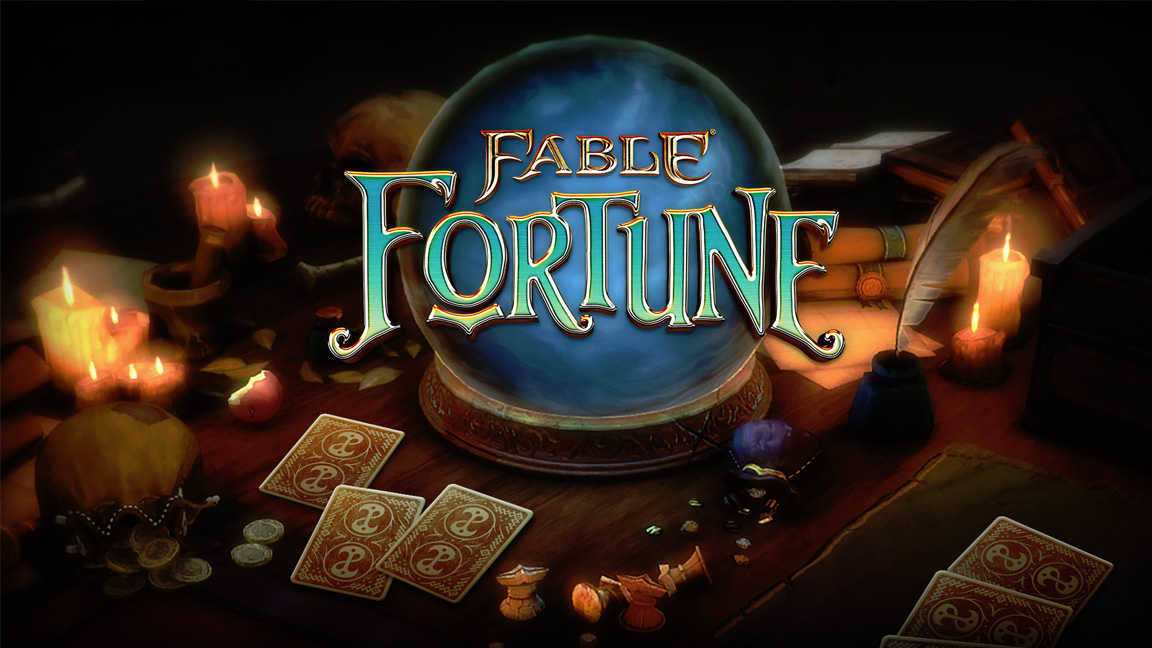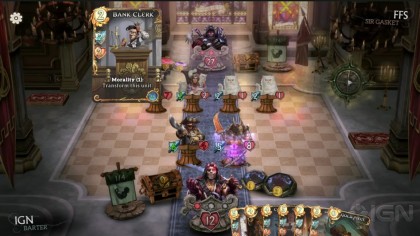The Fable franchise lives on - as a card game
Lionhead Studios is gone, but Fable will keep going

Lionhead Studios may have shut down, but a collectible card game will carry the torch for the Fable franchise.
Fable Fortune, planned as the next entry in Lionhead's fantasy universe before the studio's sudden closure, is being revived via crowdfunding for the PC and Xbox One, IGN revealed
Ex-Lionhead developers Craig Oman, Mike West and Marcus Lynn - now reborn as Flaming Fowl Studios - will take Fable Fortune to Kickstarter tomorrow, May 31 at 3pm GMT.
All cards, no cardboard
Under development in secret for a year and a half, Fable Fortune will be easy to adjust to for those already acquainted with digital CCGs like Magic: Duels, Hearthstone: Heroes of Warcraft, or Elder Scrolls: Legends.
Players assume the role - and accompanying deck - of characters in Fable's world as they summon creatures, cast spells, and knock their opponent's life total to zero.
Some unique mechanics have also been revealed, such as completing quests during the middle of a match, and using your character's morality to transform cards in your own hand into either good or evil variants.

Despite Microsoft putting an end to Lionhead, members of Flaming Fowl explained that the company was still interested in keeping the franchise alive and allowed Fortune keep the Fable license.
Get daily insight, inspiration and deals in your inbox
Sign up for breaking news, reviews, opinion, top tech deals, and more.
Flaming Fowl's goals for the Kickstarter are to raise £250,000 (approximately $370,000) and put out a closed beta shortly after the fundraising is complete. An open beta for both PC and Xbox One are planned for October, with the full game expected to be out in late 2017.
There has been no word yet on if the cancelled Fable Legends will also rise from the ashes of Lionhead's demise. The heroes-versus-villain multiplayer game was canned by Microsoft in April after four years of development and reportedly costing a whopping $75 million.
